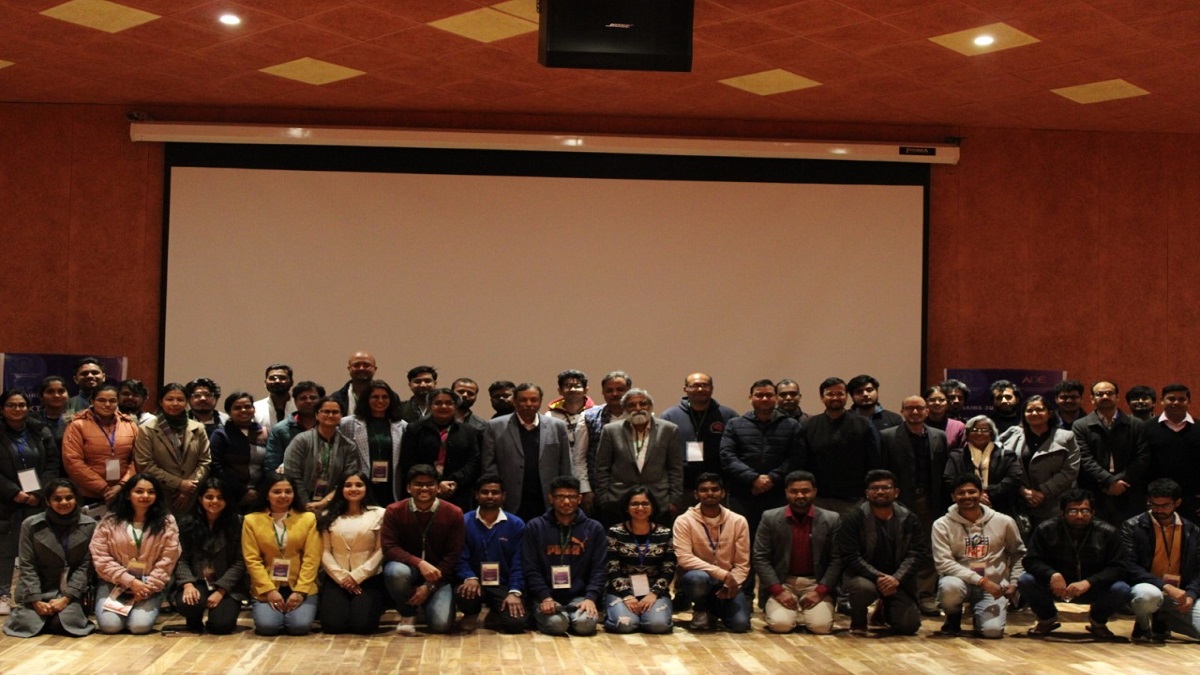Conference on next-gen AI systems concludes at IIT Jodhpur
More than 100 people from IIT Gandhinagar, IIT Delhi, IIT Guwahati, Imperial college London, Friedrich-Schiller-Univetsitat Jena, University of Petroleum Studies Dehradun, AIIMS Delhi, IIIT Hyderabad, participated in the conference.
Indian Institute of Technology (IIT) Jodhpur conducted NAiBS-2023 international conference from January 26 to 28, 2023. The conference aimed at bringing together researchers across domains for discussions on the common goal of designing AGI (Artificial General Intelligence) systems - drawing inspiration from individual sensorimotor computations leading to multimodal processes in the human brain.
More than 100 people from different institutes, including IIT Gandhinagar, IIT Delhi, IIT Guwahati, Imperial college London, Friedrich-Schiller-Univetsitat Jena, University of Petroleum Studies Dehradun, AIIMS Delhi, IIIT Hyderabad, participated in the conference.
NAiBS-2023 was a platform for the confluence of ideas that could inspire research, new questions and answers on the design of ethical AGI systems. Some of the models of brain functions discussed during the conference were language development, gestures, communication, contemplation, learning, memory, decision making, visual perception, object recognition, perception, attention, ageing, multi-sensory processing.
Prof Santanu Chaudhury, Director of IIT Jodhpur, set up the agenda for the future of next-gen AI through his talk on ‘Context’ in designing next-gen AI systems. The speakers emphasised on the importance of green and ethical AI; the importance of converging modalities in the design of next-gen AI systems.
Read more:
Follow Shiksha.com for latest education news in detail on Exam Results, Dates, Admit Cards, & Schedules, Colleges & Universities news related to Admissions & Courses, Board exams, Scholarships, Careers, Education Events, New education policies & Regulations.
To get in touch with Shiksha news team, please write to us at news@shiksha.com


Comments